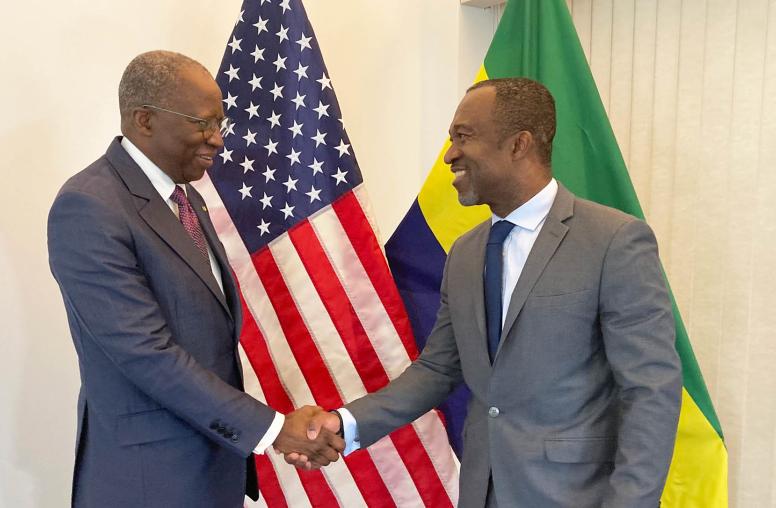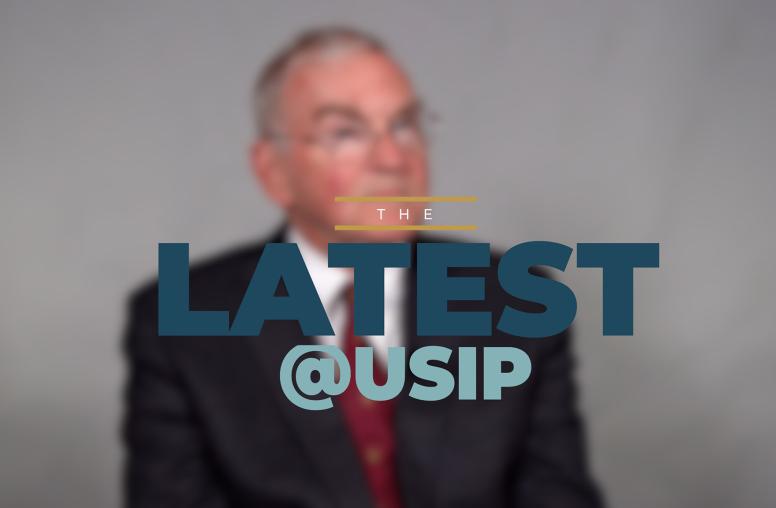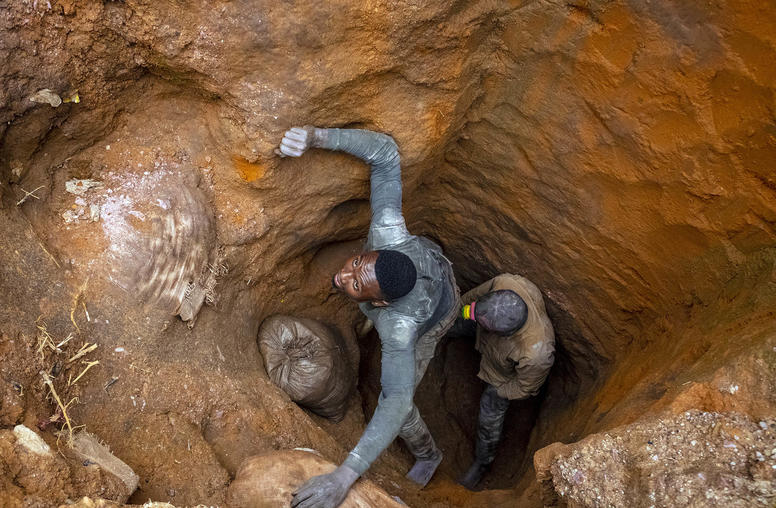Development efforts in the Asia-Pacific region have been severely hampered by global shocks — namely, the COVID-19 pandemic and climate-related catastrophes — in recent years. Indeed, in the region, human development gains have regressed to 2016 levels, which means it will be a major struggle for Asia-Pacific countries to reach the U.N.’s Sustainable Development Goals. Russia’s war on Ukraine has exacerbated these challenges. Kanni Wignaraja, assistant secretary-general at the U.N. and director of the U.N. Development Program’s regional bureau for Asia and the Pacific, discusses the impact of the compounding crises of COVID-19, climate shocks and the Ukraine conflict on development gains in the Asia-Pacific region; the long-term costs of delayed development; and creative, flexible approaches to addressing these challenges.



